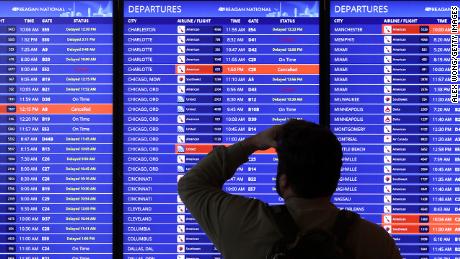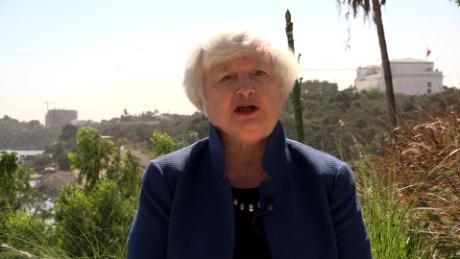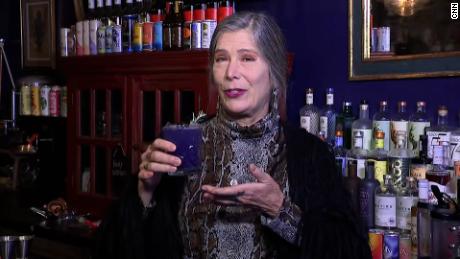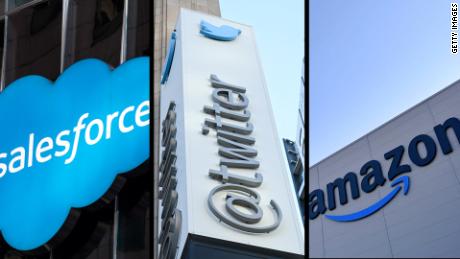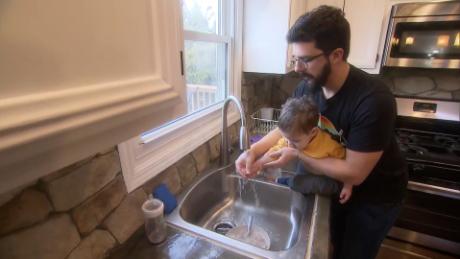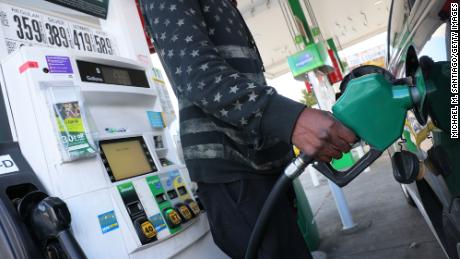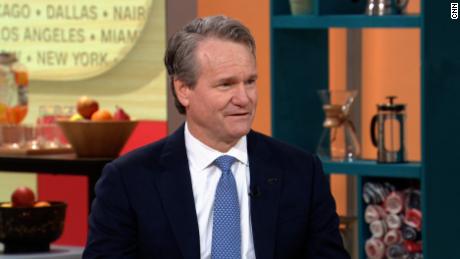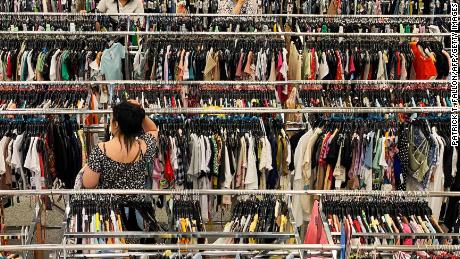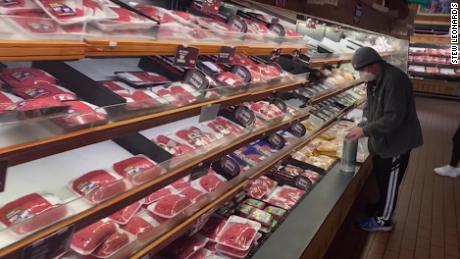London (CNN Business)UK Prime Minister Boris Johnson is threatening to walk away from faltering trade talks with the European Union if a deal isn't reached next month, leaving Britain staring down the barrel of a damaging no-deal Brexit again.
If that happens, the country's trading arrangements with the European Union from January 2021 would be "like Australia's," Johnson said in a statement Monday, just hours before an eighth round of EU-UK negotiations was due to begin."I want to be absolutely clear that ... that would be a good outcome for the UK," he added.
Australians (and many Brits) may beg to differ. The country doesn't have a free trade deal with the European Union, but it would really like one because of the benefits that would flow to Australian businesses and consumers from the reduction in red tape. A deal would also give a boost to investment flows and more choice in products and services.
EU and Australian officials began formal negotiations on a comprehensive free trade deal two years ago. Those talks continue. Australia hopes to gain from the easing of tariffs and quotas on its exports to Europe's market of 450 million people, precisely the kind of advantages the British government would give up in a no-deal Brexit scenario.
UK exporters would be hit with tariffs, weakening the embattled economy's recovery from the coronavirus pandemic. Car manufacturers, for example, will face tariffs of up to 10% on vehicles, which was the second most valuable category of goods Britain exported to the European Union in 2019, according to customs data.
European Commission President Ursula von der Leyen expressed surprise over Johnson's support for an Australian model for trade earlier this year. "We are currently trading on WTO [World Trade Organization] terms [with Australia]. And if this is the British choice, we are fine with that. But in fact ... we are agreeing with Australia that we must end this situation," she said in a speech back in February.
WTO rules subject the movement of goods and services between countries to tariffs and other barriers, such as regulatory checks and paperwork. The Australian government is seeking to eliminate all EU tariffs on industrial goods, such as minerals, metals and chemicals. Since June 2018, the two sides have engaged in seven rounds of talks to agree a deal, which could increase their €70 billion ($83 billion) trading relationship by a third, according to the European Commission. A new round of negotiations is provisionally scheduled for this month.
Even with no trade deal, Australia will be in a more favorable position than the United Kingdom if the Brexit process ends without agreement, said David Henig, director of the UK Trade Policy Project at the European Center for International Political Economy.
That is because Australia and the European Union already have a Mutual Recognition Agreement in place, which makes it easier for manufacturers to secure the relevant regulatory approvals to sell their goods.
"Australia is WTO plus," Henig told CNN Business. "The UK would be WTO."
In the absence of a broader free trade deal, the UK government will seek to replicate Australia's relationship with the European Union, according to a UK government spokesperson.
"Australia's agreements with the EU relate to specific issues ŌĆö such as nuclear cooperation, or passenger name records ŌĆö which are relatively uncontroversial and technical. The question is whether we have an FTA [Free Trade Agreement] with the EU or, like Australia, rely on a relationship based on a few key agreements," the spokesperson said.
Even if EU and UK negotiators manage to clinch a free trade agreement, the movement of goods and services will be subject to customs checks and added regulation, adding billions of dollars of cost to British and European businesses.
The UK government has also so far failed to replicate most of the trade deals between the EU and third countries that will no longer benefit British exporters at the end of 2020. At the same time, the United Kingdom is facing the worst coronavirus-induced slump of any major economy.
Johnson's Australia option could deliver a new blow to the economy just as it tries to stage a recovery.
"A hard [EU] exit with few or no intermediate steps to manage the adjustment in key areas like goods trade and financial services could tip the UK back into recession in early 2021 and temporarily slow the EU recovery," Kallum Pickering, senior economist at Berenberg bank, said in a note on Monday. "More than before, we have to watch the tail risk of a disorderly exit at the end of the year."
ŌĆö Sarah Dean contributed reporting.


